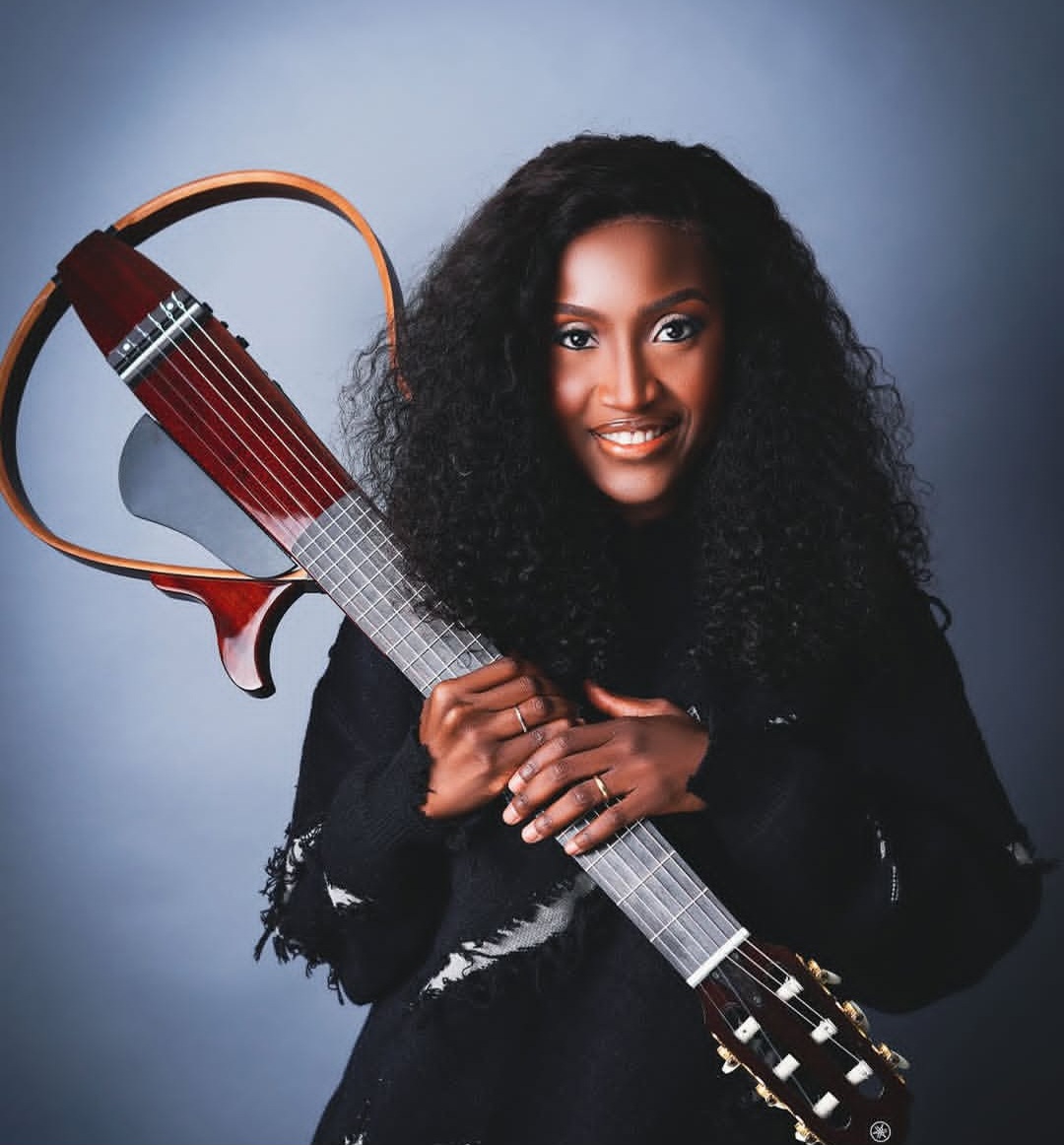“Yinka, where is your husband?” “In our time, we didn’t do this…” “Let me advise you.”
We all have our fair share of the ‘African aunties’ moments, and really some people have it worse than the others. If there was an Olympic sport for unsolicited advice, we know Team Africa would be going for gold. African aunties have perfected the art of inserting themselves into conversations, answering questions you never asked, and making declarations about your life like they are running it. And yet, love them or roll your eyes at them, you can’t deny their presence is unforgettable.
What makes you an African aunty?
If you grew up in an African household, you know the term “aunties” doesn’t just refer to relatives. That title extends to older women in the community who have adopted the role. In Africa, an auntie isn’t necessarily your mom’s sister. It’s every older woman in the neighborhood, church member, your mom’s friend, and even that woman who only knows you because she once held you as a baby.
They are a force and a formidable movement with ready-made advice you never asked for. Their authority is woven in wisdom, social ranks, and cultural expectations. They are armed with years of experience, a sense of duty, and the conviction that they must ‘guide’ you, whether you like it or not.
Classic categories of African aunties

There are different categories of African aunties’ advice, depending on what your situation is. Their arsenal is full of advice that might be laced with shades, and they want to correct you loudly in public too. For African aunties, anything you don’t do right is a hindrance to marital prospects.
The marriage gurus don’t care where your career is at the moment or if you are interested in marriage at all; they swing the classic “time is ticking, dear…” at you on sight. They have the expert ideas on how to keep your man, even when you haven’t explicitly informed them you are dating.
There is a self-assumed career counselor who knows what course is right for you. “This skirt is too short.” Sounds like a typical line from the fashion auntie because she believes anything above the knee is a threat to African values. We indulge the financial auntie. She thinks your measly 9-5 salary can build you a mansion before Christmas if you are prudent. The health enthusiast who has that one recommendation that cures everything is a personal favorite. The Facebook “share this to 50 people” will linger for decades as far as African aunties are concerned.
Meanwhile…..
You could be at a wedding just trying to eat small chops in peace when an African auntie adjusts her gele and leans in with the legendary, “When are we coming for yours?” You hear the shade, and your instinct tells you to respond with rebellion, but you give an awkward smile instead. We nod politely when they go off because we know that behind the auntie-ism is a critique with affection.
I am also tempted to inform you that your African auntie is someone else’s mother and your mom is someone else’s ‘African Auntie.’ Remember, we are not addressing the wicked auntie or the coven here…don’t get it twisted!
Truly, why do they do it? Why do African aunties give unsolicited advice?
In Africa, the elders are naturally the figures of authority. Living in a community and showing respect for older people are traditions that emphasize being involved in the lives of younger people. It’s how they show that they are still important in a world that is changing.
Their advice is sometimes wrapped in drama. It’s their way of getting involved in your life, even if it looks nothing like theirs. The nagging gets worse when they invite a collaborator. More than one auntie on your case is an unenviable position.

How do we survive the African aunties’ generational saga?
Smile and nod. It’s a skill. Learn it. Perfect it. We must understand that behind each word is genuine concern, even if it comes with a side of judgement. It’s our duty to be able to decode the message. Hidden in every lecture is wisdom you might actually need. Pick the gems.
African aunties will never stop dishing out unsolicited advice at weddings, church, and WhatsApp group chats. Although some might get with the times, others won’t, and it’s okay. The mantle of patience rests on us; pick it up when you need to deal with your auntie.
Behind every dramatic sigh and every piece of piece of unsolicited advice is a woman who cares about you and is showing it in her own way. So, next time an auntie leans in with “You should watch your weight…” just smile, take the puff-puff, and remember you have just experienced the love of an African auntie.







